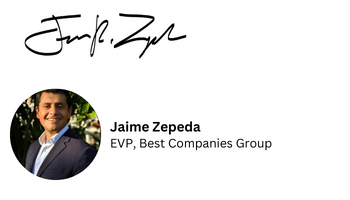In today’s rapidly evolving workplace, understanding what motivates different generations can be the key to unlocking productivity and employee satisfaction. A fascinating study from Wiley Workplace Intelligence delves into how these priorities shift across age groups, emphasizing a concept that is becoming increasingly crucial in talent management: the emotional paycheck.
The Rise of the Emotional Paycheck
Traditionally, compensation packages were dominated by salary, health benefits, and pensions. However, the modern workforce is seeing a paradigm shift towards more holistic rewards that contribute to an “emotional paycheck.” This term captures the non-monetary benefits that employees derive from their work environment, such as work-life balance, flexibility, and a positive organizational culture.
Generational Shifts in Workplace Priorities
The study reveals interesting variations in what different age groups prioritize at work:
- Younger Employees (18-24 years): This group places a significant emphasis on work time flexibility, valuing the ability to adjust their work hours to better suit their lifestyle needs. This preference highlights a broader trend towards autonomy and a desire for a more personalized work experience.
- Mid-Career Employees (25-54 years): Employees in this age range increasingly prioritize organizational culture and the location flexibility of their roles. The need for a supportive and empowering work environment grows as people progress in their careers, often juggling more responsibilities both in and out of the workplace.
- Older Employees (55+ years): For more seasoned employees, stability and culture are paramount. They value environments where they can contribute meaningfully while also receiving strong support and recognition from their employers.
Why This Matters for Employers
For businesses aiming to attract and retain top talent, understanding these generational preferences is critical. The emotional paycheck elements—like a positive work culture and flexible working conditions—can often tip the balance for a prospective employee deciding where to lend their skills and experience.
Employers that adapt to these needs not only boost their attractiveness as a workplace but also enhance their overall productivity. When employees feel their emotional and professional needs are met, they are more engaged, motivated, and loyal.
Key Takeaways
Investing in the emotional paycheck is not just about adding perks; it’s about creating environments where diverse employees feel valued and understood. This approach can lead to higher retention rates, lower recruitment costs, and a more harmonious workplace.
I encourage every business leader and HR professional to consider how these insights might be implemented in their own strategies for managing multi-generational teams.
For more detailed insights on how these preferences play out across different industries and roles, make sure to check out the full Wiley Workplace Intelligence study.


